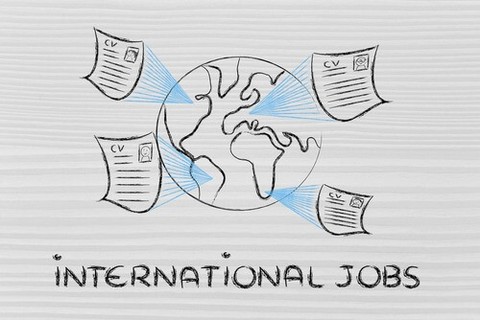Nonprofit, Education and Advocacy Career Community
Explore the Nonprofit, Education, and Advocacy career community to discover possible career paths in a wide variety of roles and industries where you can express your passion and interests creatively.
A non-profit organization is an organization that has been formed by a group of people in order pursue a stated goal without the intention of distributing excess revenue to members or leaders. A non-profit organization is often dedicated to furthering a particular social cause or advocating for a particular point of view. Working in non-profit is a great way to make a difference in your community and know the work you do is meaningful, rewarding, and invaluable. Your prospective/future roles may include program management, grant writing, fundraising and development, research and evaluation, and direct service to program participants.
Education
Education is the process of facilitating learning, or the acquisition of knowledge, skills, values, beliefs, and habits. Education can take place in formal or informal settings and any experience that has a formative effect on the way one thinks, feels, or acts may be considered educational. Education is commonly divided formally into such stages as preschool or kindergarten, primary school, secondary school and then college, university, or apprenticeship. Your prospective/future roles may include teaching/advising, student support services, student affairs, program management, research, and administration.
Advocacy
Advocacy is an activity by an individual or group which aims to influence decisions within political, economic, and social systems and institutions. You can find several types of employment, such as working for your state, or various advocacy associations and organizations. An advocate job is a career that allows you to aid or defend others and help them enjoy more fulfilling lives. Your prospective/future roles may include program management, research and data, direct service to individuals who you aid or defend.













